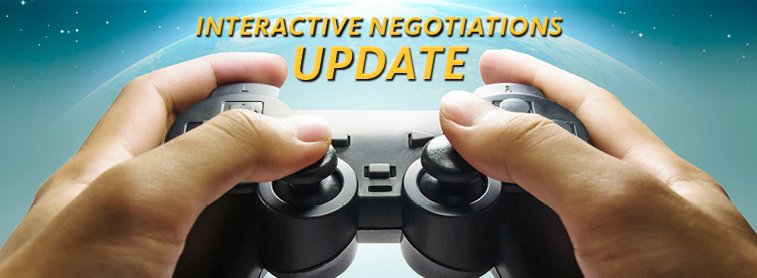Your favorite video game voice actors could be going on strike soon
If you've played a video game in the last 20 years or so, chances are you've enjoyed the vocal stylings of David Hayter, Jennifer Hale, Steve Blum, and many others. Characters like Solid Snake or Commander Shepard wouldn't be the same without the powerful voices behind them. According to a Game Informer report, there's a good chance those actors will be going on strike in the near future, if a round of contract negotiations ends up falling through.
SAG-AFTRA, the union representing voice actors throughout the entertainment industry (including video games), are attempting to agree on a set of contract terms that would create standards on performance bonuses, providing stunt coordinators for motion capture sessions, compensation for 'vocal stress', and increased transparency.
In film and television, actors usually receive residual pay based on how well a particular property does. If a television show remains in syndication years after it originally aired, those actors continue to be paid for that work. Unfortunately, video game voice actors don't receive that benefit, and this right forms the crux of the current dispute. SAG-AFTRA is looking to provide the actors it represents with a performance bonus that increases with every two million copies sold, with a cap at eight million units.

The producers who are negotiating with SAG-AFTRA have declined the proposal and have set forth a few proposals as well, such as fees levied against "inattentive" actors, or a rule saying motion capture doesn't fall under the purview of voice actor contracts.
If these negotiations don't go through, there's a good chance that members of SAG-AFTRA will go on strike, effectively halting a good portion of voice work in the industry. Prominent voice actors such as David Hayter, Steve Blum, Jennifer Hale, Wil Wheaton and Phil La Marr all stand behind the proposal as the union has drafted it, voicing their support on Twitter and asking for other actors and fans to stand with them in solidarity.
It's an interesting moment for the industry, as most sectors of game development don't really have union representation. This strike could potentially have a huge effect on the future of game development - not only causing immediate delays in upcoming projects, but also changing how producers and publishers work with their talent.
Sign up to the GamesRadar+ Newsletter
Weekly digests, tales from the communities you love, and more



